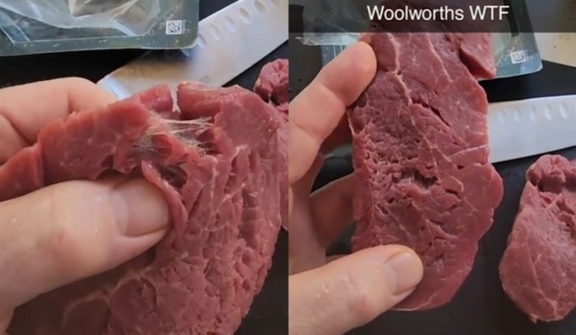
On social media, a TikToker sparked concern among viewers after revealing that he found 'meat glue' at the supermarket.
The video was captioned: 'Woolworths WTF.'
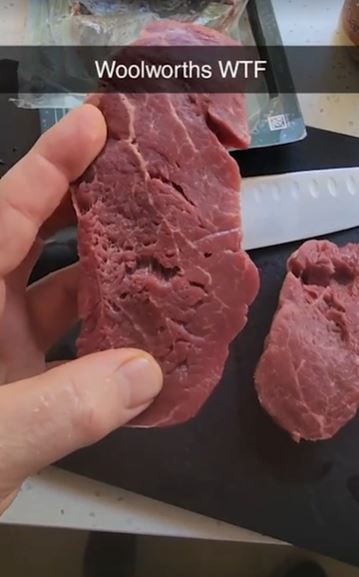
In the footage, the TikToker was seen pulling at the supermarket steak and alleging the presence of 'meat glue' in his meat.
The video left viewers stunned as the user pinched and pulled at the steak, showing sections coming apart due to glue.
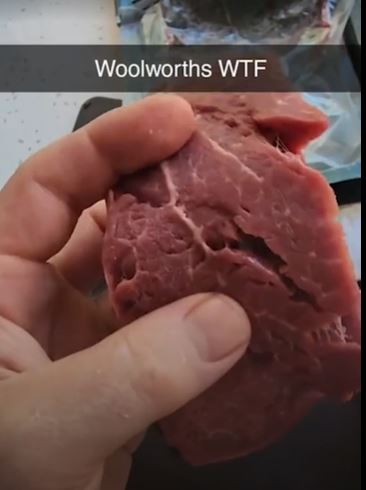
In the video, he can be heard saying: "See that s**t there. That's glue. [...] And this basically when you cut it, see with this one you just pull it a little bit and certain parts come out in sections."
This concerning video has sparked discussion among viewers about the use of additives in meat products.
In the comment selection, many viewers claim to have drawn commentary on social media.
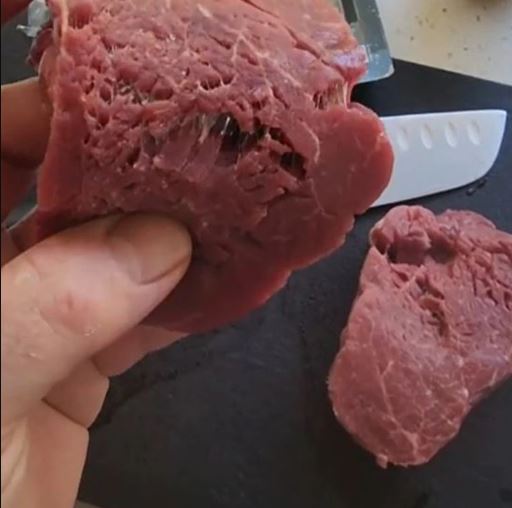
One person said: I gave up eating meat 3 years ago. It makes me sick when I eat it.
A second wrote: Yuppp after I watched an episode of “Explained” (pretty sure that was the name) that covered meat glue and the disturbing details of supermarket meat, I go to a butcher now and very selective of my meat.
While a third commented: Delicious, let it rest for a few more days until it turns slightly blue, the best steak in the world.
Someone else said: People that have never processed meat should, it’d be a good learning experience.
Another added: Lately, when I order restaurant steak, the entire thing is connective tissue. Cook at home
After the incident, the supermarket faced criticism from viewers regarding the disturbing details of supermarket meat.

Woolworths, the supermarket chain named in the video, has responded to the claims.
After a shopper claimed he had purchased two eye fillet steaks that were separate cuts of meat stuck together, Woolworths denied using "glue" on its meat
"Meat glue," also known as transglutaminase, is a real food additive used to bind meat pieces together.
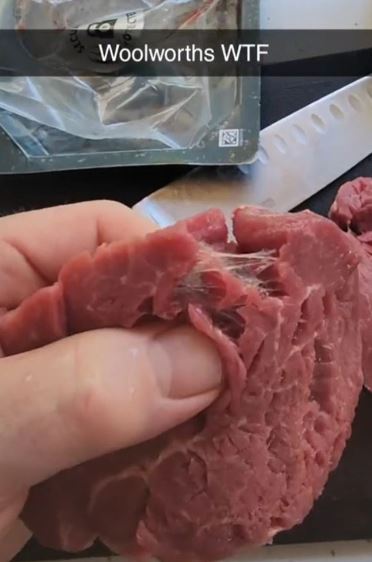
Healthline explains it improves the texture and appearance of processed meats.
While generally considered safe by major food safety organizations, some health concerns exist, including potential for increased bacterial contamination.




